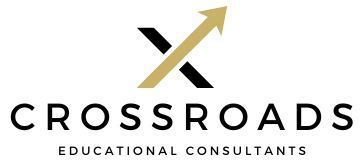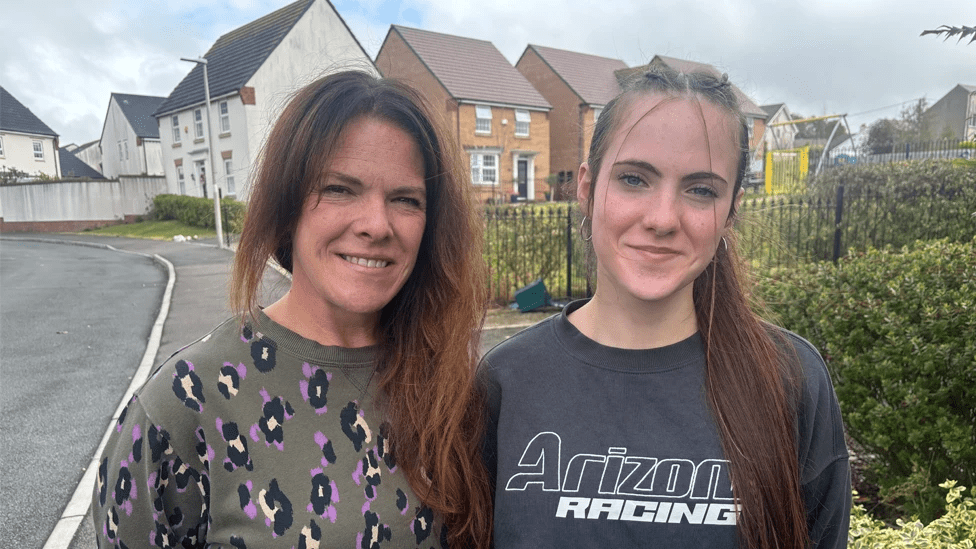
As more families choose to home educate, there’s an increasing demand for flexible, practical qualifications that meet real-world needs. Agored Cymru courses have become a popular choice among the Home Ed community—offering a broad range of accredited programmes that provide valuable life skills, hands-on learning, and accessible progression pathways. Here at Crossroads Wales, we’re proud to support home educators with a range of Learning Core qualifications designed to empower young people for the future.
Real-Life Learning with Agored Cymru Courses: Personal and Work-Related Education
The Learning Core qualifications—including Personal Social Education (PSE) and Work Related Education (WRE) — are particularly well-loved by families looking for meaningful, skills-based learning. These Agored Cymru courses help students develop:
- Communication and teamwork skills
- Self-awareness and emotional intelligence
- Practical knowledge about the world of work
Our WRE courses are especially enriched when supported by work experience opportunities. We’re currently working to build stronger links with Careers Wales and exploring English equivalents to provide placements for our students across the UK—enhancing their learning experience even further.
A Fresh Approach: Agored Cymru Courses in the Outdoors
Nature-based learning is gaining momentum, and Agored Cymru’s Learning in the Outdoors course offers an exciting alternative to traditional learning methods. From bushcraft and nature studies to teamwork and environmental awareness, this qualification is perfect for learners who thrive outside the classroom.
Interest has grown so much that a Home Ed group in Sussex has asked us to organise a week-long residential in June 2026, including camping and practical outdoor skills. This immersive learning opportunity is currently in the planning stages and promises to bring the course content to life in a meaningful and memorable way.
Flexible, Recognised Qualifications That Fit Home Education
Many Agored Cymru courses can be completed online, making them ideal for home-educating families seeking flexibility without compromising quality. Our team of experienced assessors works alongside families, offering personalised feedback and guidance that supports high standards of work and learner confidence.
The Essential Skills Wales qualifications (called Functional Skills in England) continue to grow in popularity as a practical and respected alternative to GCSE English and Maths. These qualifications focus on real-world literacy and numeracy skills, helping learners feel more prepared for everyday life and future employment.
We’re also thrilled to share a recent success story—17 learners have just passed their Entry Level 2 Exploring Animal Care qualification. It’s a fantastic achievement that highlights the accessibility and effectiveness of Agored Cymru’s vocational learning pathways.
Want to Know More
Whether you’re looking for a more practical approach to learning, an alternative to GCSEs, or a supportive online qualification pathway, we’d love to hear from you.
Get in touch: info@crossroads.wales
Let’s explore how Agored Cymru courses can support your child’s home education journey.
Share



